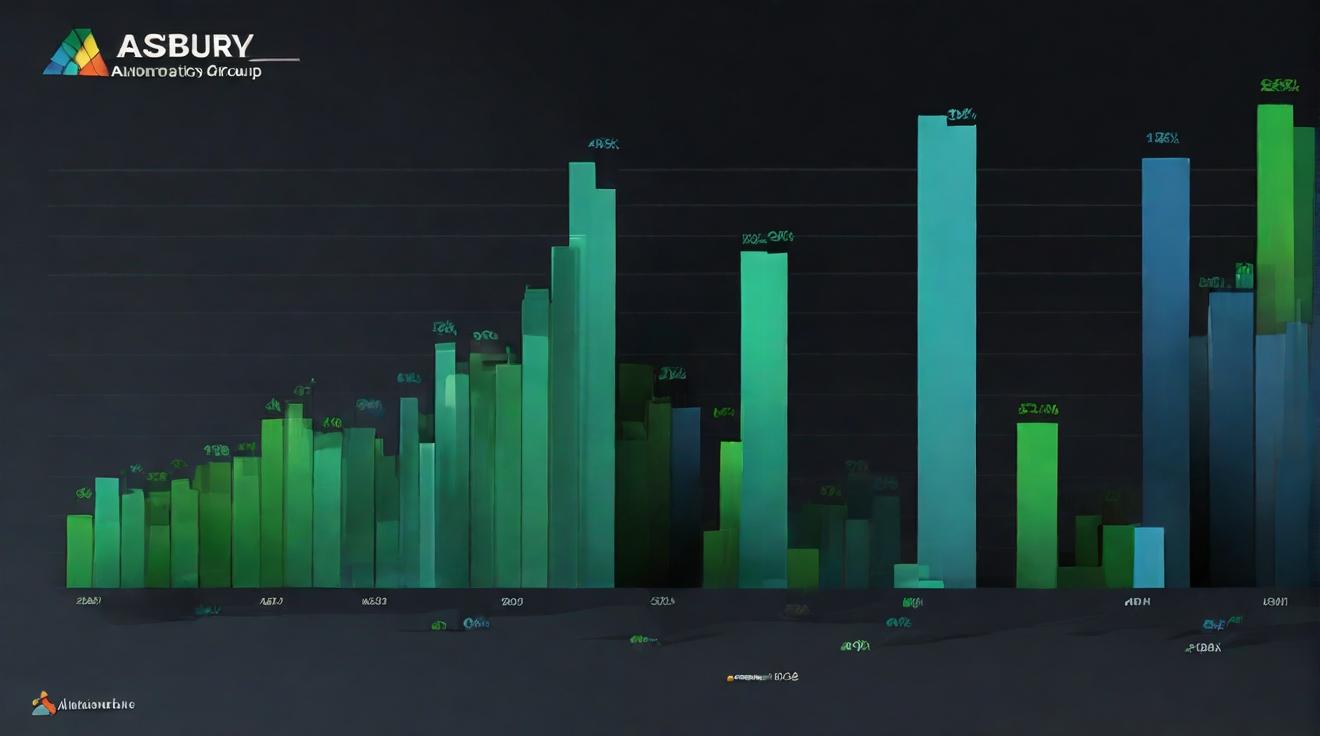Understanding the Bitcoin Core Software Bug
Bitcoin Core, the backbone of the Bitcoin network, recently revealed a high-severity bug affecting approximately 17% of its full nodes. In simple terms, a full node is a computer that maintains the entire history of Bitcoin transactions. This bug impacts versions prior to Bitcoin Core 24.0.1, making them susceptible to malicious attacks.
The Nature of the Bug
The flaw lies in the software's vulnerability to a denial-of-service (DoS) attack. Imagine someone sending a flood of fake requests to a website until it crashes. Similarly, an attacker can spam these nodes with low-difficulty header chains, overwhelming their capacity, potentially leading to a crash. Think of it like having to store and process an enormous pile of junk mail in your house until you can't handle it anymore.
Developers' Quick Response
The Bitcoin Core team swiftly addressed this issue by patching the bug in December 2022, with the release of version 24.0.1. The latest version, 27.1, includes all necessary fixes, ensuring node stability and security. For those using older versions, it's crucial to update to prevent possible disruptions.
Why This Disclosure Matters
This disclosure is part of a broader transparency initiative by Bitcoin Core developers. By revealing these vulnerabilities, they not only alert the community about potential risks but also highlight the importance of regular updates. Transparency, in this context, means being open about the problems and fixes to build trust and a stronger network.
Potential Risks and Impact
While the potential for exploitation exists, executing such an attack requires significant resources, making it unlikely for everyday hackers. However, the risk persists from more powerful entities who might have an interest in disrupting Bitcoin operations. This emphasizes why keeping software updated is essential in safeguarding against such threats.
Action for Users
Bitcoin node operators play a critical role in maintaining the network. It's imperative for these operators to ensure their software is current. By doing so, they protect not just their nodes but also contribute to the overall security of the Bitcoin ecosystem.













